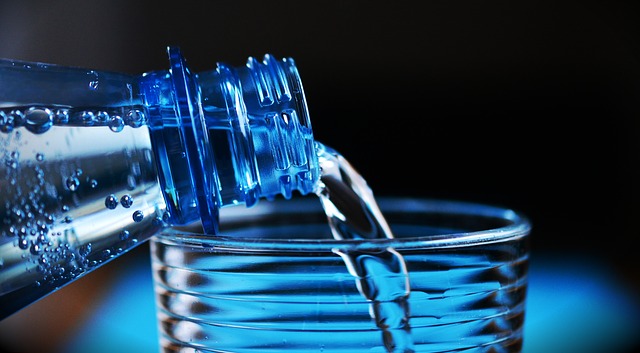
Water is the key to life
The Body’s Essential Fluid: Why Water is Vital for Your Health
Water, the most abundant molecule on Earth, is also crucial for human life. It surpasses even air in importance, as we can only survive for a few days without it. Let’s delve into why this most important of fluids is so essential and how dehydration can negatively impact our health.
Water’s Widespread Roles
Our bodies are composed of about 60% water, which plays a vital role in every cell, organ, and tissue. It regulates body temperature, maintains bodily functions, and lubricates joints. It’s constantly lost through breathing, sweating, and digestion, necessitating consistent replenishment.
Beyond these essential roles, water keeps our tissues moist and maintains proper moisture levels in the eyes, nose, mouth, and brain. It also protects the spinal cord and acts as a lubricant for joints.
Nature’s Cleansing Agent
Water’s benefits extend to waste elimination. It enables the body to flush out toxins through perspiration, defecation, and urination. The kidneys, liver, and intestines all rely on water to function effectively. Additionally, water helps move food through the digestive tract, preventing constipation by softening stools.
Dehydration: A Threat to Overall Health
Dehydration occurs when fluid loss isn’t adequately replaced. Interestingly, by the time you feel thirsty, you’re already dehydrated. Research suggests that even mild dehydration (as little as 1%) can negatively impact mood, memory, and motor skills. It can also decrease brain tissue fluid, potentially affecting brain volume and cell function.
The consequences of dehydration worsen as fluid loss increases:
- Blood thickens, putting strain on the cardiovascular system.
- Body temperature regulation falters, potentially leading to hyperthermia.
- The risk of exhaustion and collapse during exercise or heat stress rises.
- With a 10% loss of total body water, physical and mental deterioration set in, accompanied by severe thirst. Death occurs at a loss of 15-25% of body water.
Can You Drink Too Much?
While uncommon, overconsumption can lead to water intoxication. This occurs when the kidneys can’t eliminate the excess, causing it to accumulate in the bloodstream. Endurance athletes are most at risk due to their high water intake before and during events.
Over hydration, coupled with an inability to eliminate it, dilutes electrolytes in the blood. Early symptoms of water intoxication might be subtle, but as the condition progresses, they can become more severe:
- Nausea and vomiting
- Headache
- Confusion and disorientation
Left untreated, H2O intoxication can lead to dangerously low sodium levels, causing:
- Muscle weakness, spasms, or cramps
- Seizures
- Unconsciousness
- Coma
Finding Your Water Sweet Spot
The commonly cited recommendation of eight 8-ounce glasses daily might not be universally applicable. Individual needs vary based on factors like activity level, climate, and body size.
Some suggest dividing your body weight in half and drinking that amount in ounces. Others recommend monitoring urine color – pale yellow indicates adequate fluid intake. The key is to sip this delightful fluid frequently throughout the day, staying ahead of thirst and dryness. Remember, by the time you feel thirsty, dehydration has already begun.


